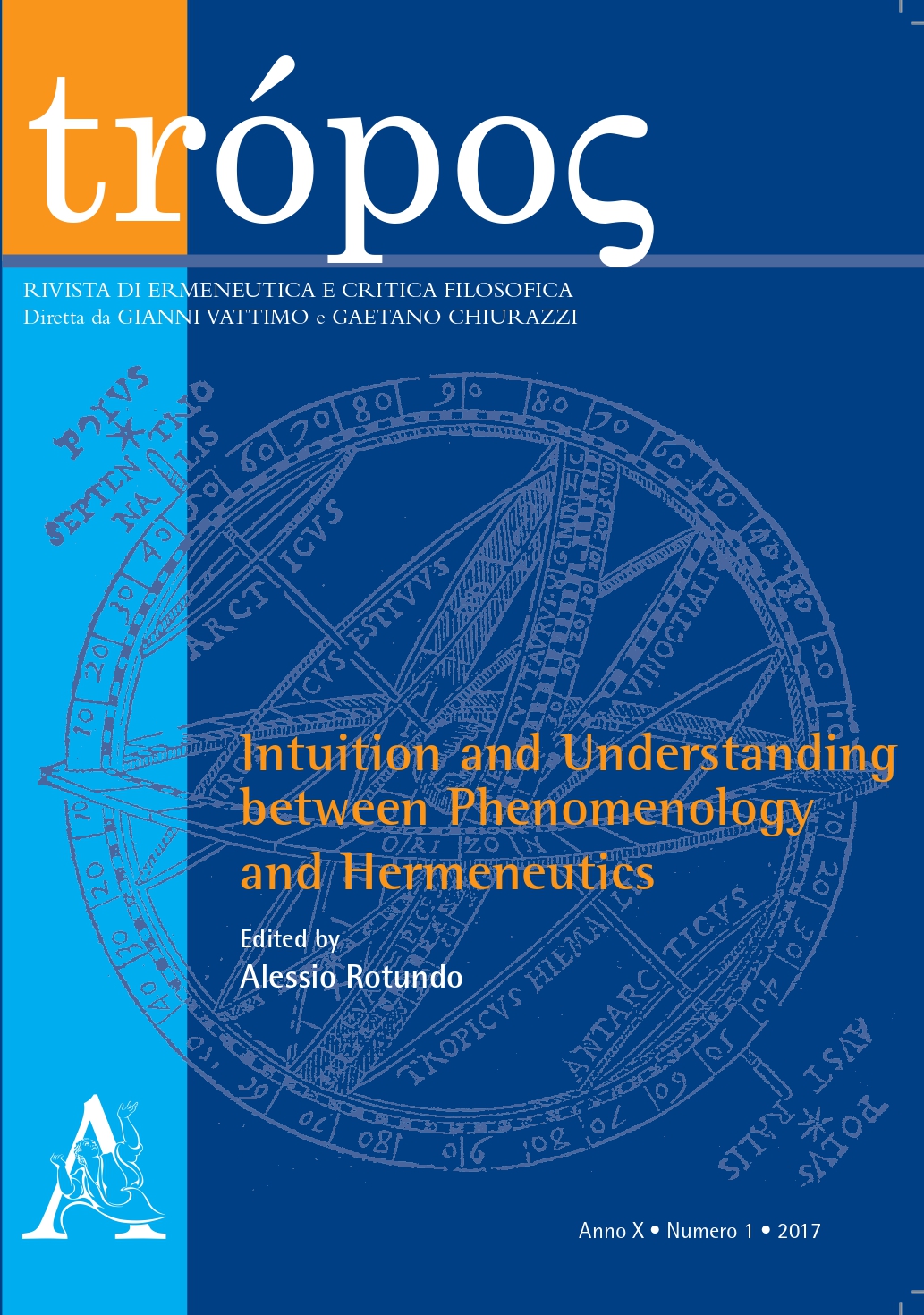Apperception and Experience
Some Ontological Perspectives
Keywords:
Apperception, pattern, quality, presence, appearanceAbstract
The modern era is profoundly marked by the idea of a subjective consciousness. This idea remains fundamental, not only in Descartes, but in all currents of thought using the distinction between the subjective and the objective — even if it is not always recognized as such. There is, however, a diVerence between perception and apperception which remained unclear in the Cartesian conception of consciousness, but which was articulated by Leibniz and beca- me a major theme of philosophical psychology in the 18th and 19th century. From the beginning of the 19th century the discussion was also complicated by the concept of the unconscious, which in a way means a rediscovery of the Aristotelian psyche.
What should we understand by apperception: a self–consciousness, a consciousness of second degree, a retroactive awareness or reflection, a stream of consciousness or perhaps something rather like insight? Which is the relation between sensation, perception and apperception and in which sense are these irreducibly psychic functions? The article suggests some possibilities for describing the ontological status of experience.


